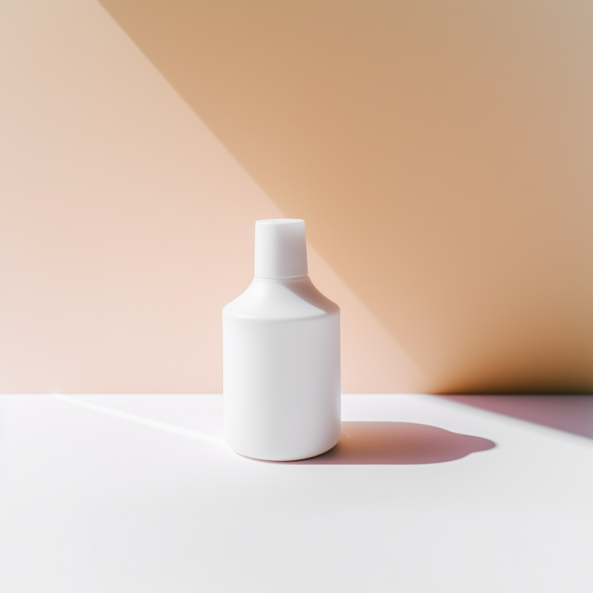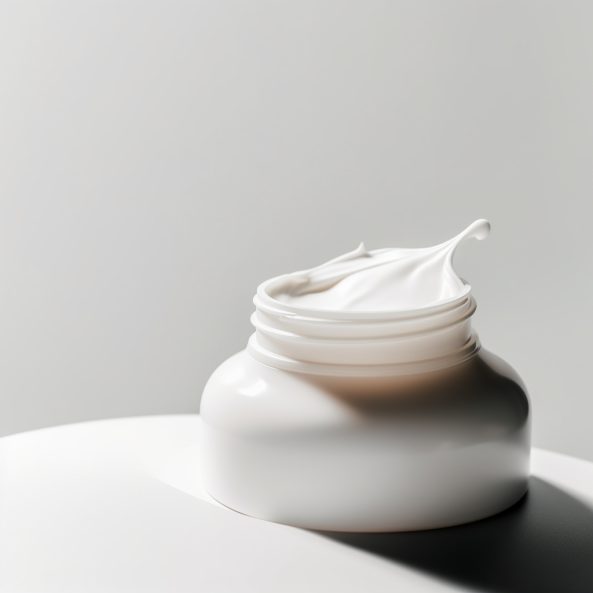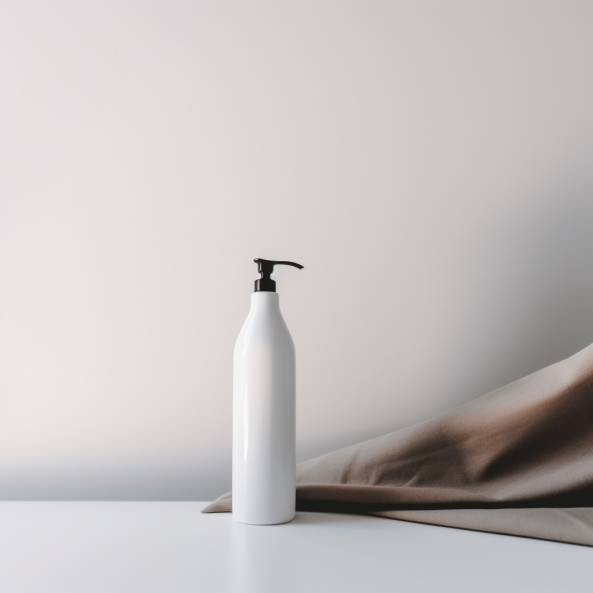Foundational Trio
The basics for beautiful skin
There are only three products that are truly essential in any skincare routine: a broad-spectrum sunscreen with SPF of 30 or higher, a gentle cleanser, and a moisturizer. If you don’t have a particualr skin concern and simply want to maintain good skin and prevent early signs of aging – these are pretty much all the products you need. And the good news is, none of these products has to be expensive.
Best basics rated by WIMJ

Sunscreens

Moisturizers

Cleansers
A big part of your skincare success – for any goal – depends on this trio. Sunscreen, in particular, is in the spotlight here. 80% of preventable skin aging is caused by sun exposure, and UV light is also responsible for triggering pigmentation issues and weakening our skin barrier. That’s why it’s crucial to use a broad-spectrum sunscreen with an SPF of 30 or higher every day, rain or shine.
Cleansing is also an essential step in any skincare routine. It’s needed to remove sunscreen and daily pollution, but you want to cleanse as gently as possible to avoid damage to the skin barrier. Cleansing gently can reduce skin dryness, avoid weakening your skin defenses, and make the rest of your routine more effective.
Finally, a moisturizer is there to support your skin barrier because it gets constantly assaulted by harsh indoor and outdoor conditions such as dry inside air, sun, heat, cold, or wind outside, as well as cleansing. Even gentle cleansing still affects the skin barrier. We need to cleanse our skin regardless, and moisturizer is there to help us undo some of the unavoidable damage.
This trio – sunscreen, cleanser & moisturizer is the foundation of your skincare routine. Even just using them alone, without additional products and actives, can do a lot for helping your skin be at its best.
